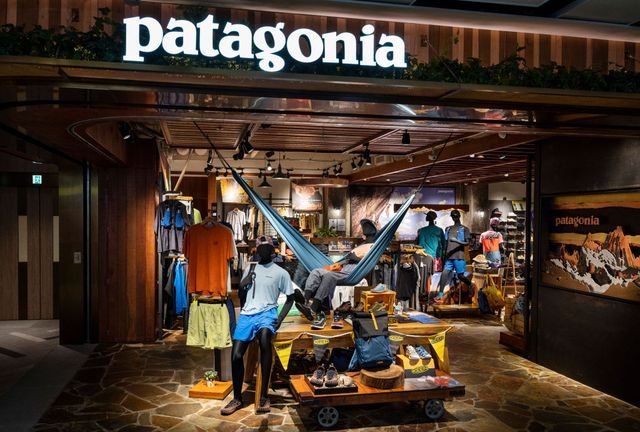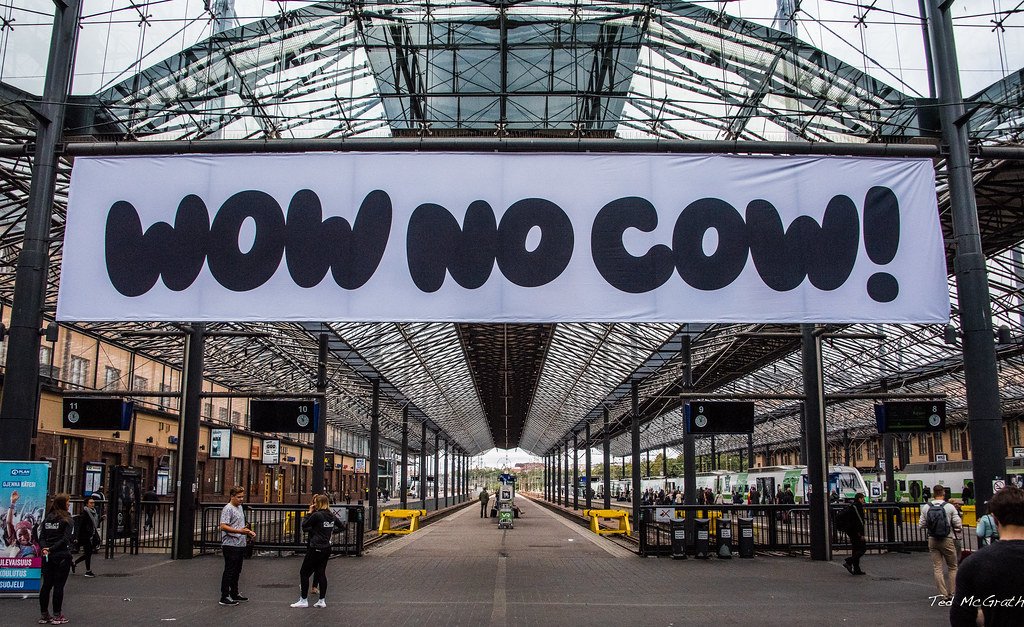How Sustainable Brands are Leading the Market of Change
2 minute read
As consumers become more conscious of their purchasing decisions, sustainable brands have been able to lead the market in terms of innovation and positive impact. Companies such as Patagonia, Oatly, Roetz Bike, Dopper and Mud jeans have all been instrumental in inspiring sustainable strategies for other organizations. In this post, we’ll explore the elements that make these leading examples stand out from their competitors.
Patagonia
Patagonia is an outdoor clothing company that has long been a leader in sustainability. The company uses recycled materials to make its products and also works with local artisans who hand-make some of their garments. Patagonia also emphasizes transparency throughout its supply chain, meaning customers can learn where each product originates from and how it was made. This level of openness has helped the brand build trust among its customers and set a standard for ethical manufacturing.
Oatly
Oatly is a Swedish oat milk producer that has managed to create a strong brand around sustainability. The company has an impressive commitment to using renewable energy sources whenever possible and has also partnered with organizations such as Greenpeace to promote environmental protection initiatives. Oatly also makes sure to be open about its production processes and sources all of its ingredients from organic farmers who use sustainable practices. All of these efforts have helped Oatly become one of the most recognizable names in plant-based milk production today.
Roetz Bike
Roetz Bike is an Amsterdam-based bicycle manufacturer that focuses on creating high-quality bicycles from recycled materials. The company’s bicycles are made from aluminium alloy frames that are sourced from aluminium cans collected through city cleanups or donated by companies. Rootz Bike promotes cycling as a way for people to reduce their carbon footprint while still having fun and staying active at the same time – something other bike manufacturers don’t focus on nearly as much as they do on performance metrics alone.
Dopper
Dopper is another sustainable brand that has created a strong identity around sustainability and environmental protection initiatives. The company sells reusable water bottles made from BPA-free plastic which can help reduce single-use plastic waste significantly when used properly. To further emphasize the importance of reducing plastic waste, Dopper donates 5% of every sale to ocean cleanups led by organizations like Sea Shepherd Conservation Society (SSCS). This level of commitment has allowed Dopper to gain recognition worldwide as one of the most significant contributors towards helping preserve our oceans for generations to come.
Mud Jeans
Mud Jeans is an Amsterdam-based denim label committed to promoting ethical fashion practices while making stylish apparel that uses only sustainable materials like organic cotton or recycled polyester fibres derived from plastic bottles or industrial waste streams like fishing nets or fabric scraps left over after garment manufacturing processes are completed. They even offer a lease program where customers can lease jeans rather than buying them outright – something no other major denim label offers yet – so customers can return them at any time if they no longer need them or want something different without having wasted money on purchasing something new.
Conclusion:
Sustainable brands such as Patagonia, Oatly, Rootz Bike, Dopper and Mudjeans are leading examples in terms of sustainability initiatives within their respective industries. Their success should serve as inspiration for other businesses looking to implement similar strategies; because not only do they perform well financially but they also strive for making meaningful change in our world by offering products with minimal ecological impact during production stages as well as providing support for environmental campaigns worldwide. By understanding how these companies have achieved success through sustainable branding strategy, organizations can use similar methods to bring about positive changes in their own business models while taking actionable steps towards creating a better world. By doing so, they will be able to benefit both people and the planet.
Like the article?
Let’s get connected
Juliëtte Schraauwers
Branding Expert










